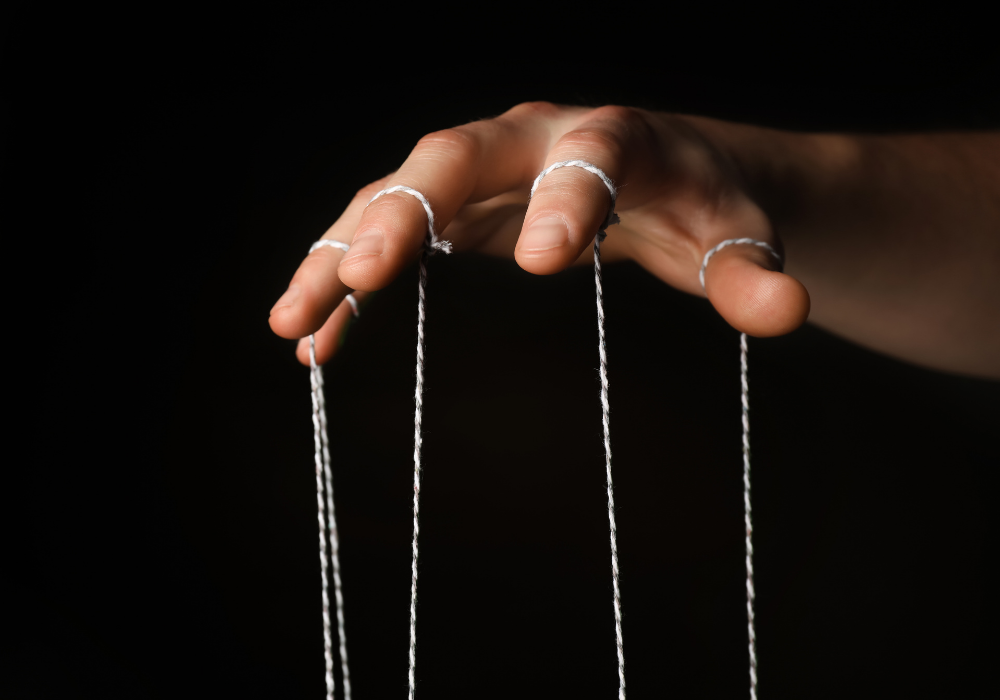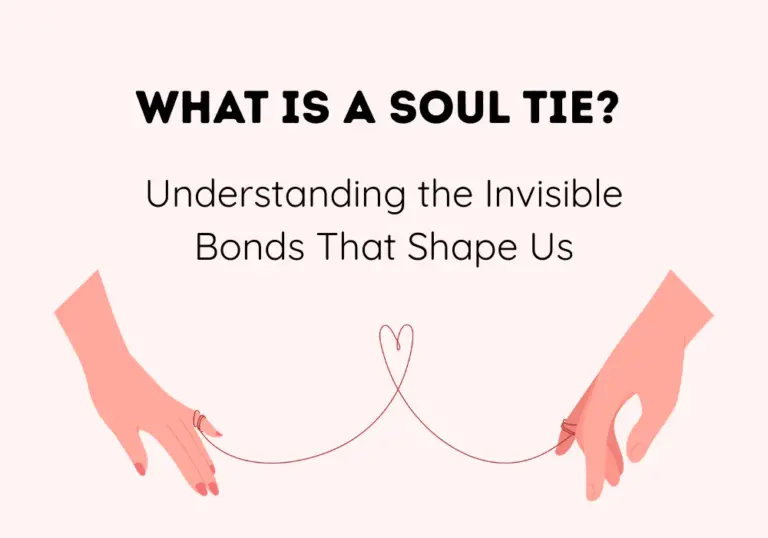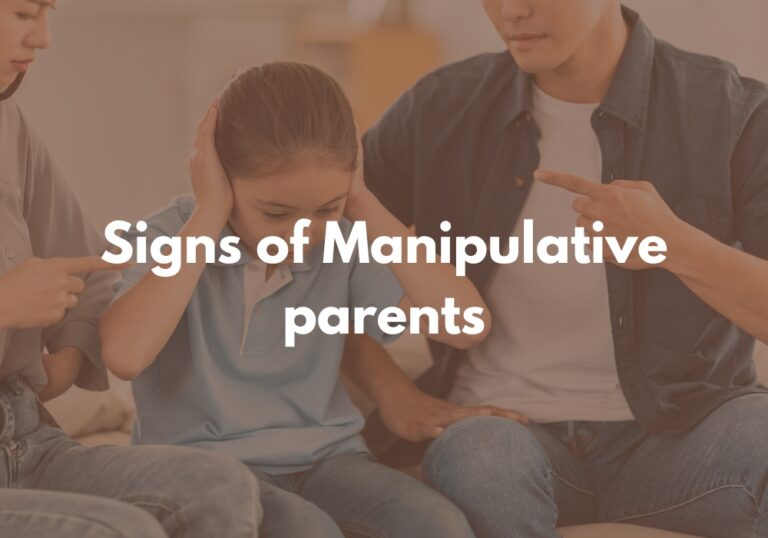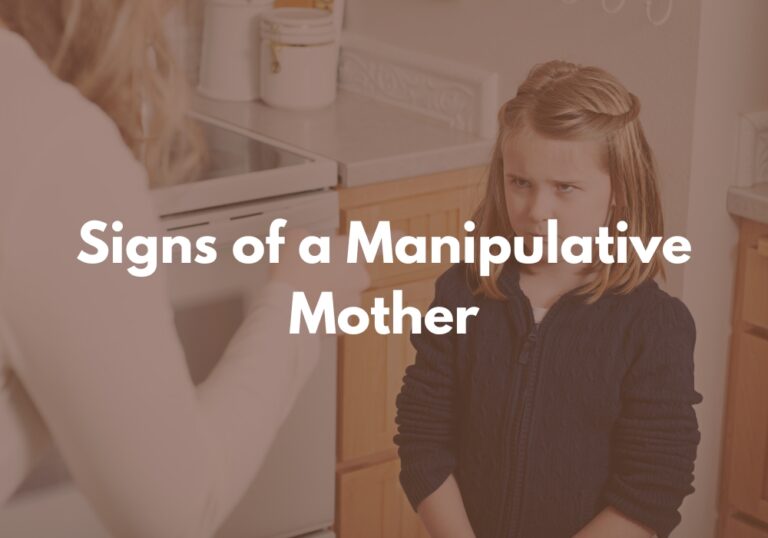Being in a relationship should make you feel happy and loved. However, sometimes a relationship can turn into something that feels more like a prison. This happens when one person tries to control the other. It’s important to notice signs of a controlling relationship, so you can take action if needed.
What is a Controlling Relationship?
A controlling relationship is when one person has too much power over the other and uses it in harmful ways. This control can show up in how they make the other person feel, their actions, how they handle money, or even online. Sometimes, the controlling person acts like they’re just caring or loving, but really, they’re trying to control the other person.
In a relationship, one partner may try to get power and control in harmful ways. This can include using violence, pressure, or stalking. Studies show that around 1 in 4 women and 1 in 9 men face this kind of treatment. It can lead to injuries, fear, and other serious issues.
20 Signs You’re in a Controlling Relationship:
1-Personal Attacks:
One of the first signs of a controlling relationship is constant criticism. If your partner always finds fault with you, it can make you feel bad about yourself. They might criticize how you dress, your hobbies, or even your friends. This is a way to make you feel inferior and dependent on their approval.
2-Dependency Creation:
Creating a feeling of dependence is a common trait in controlling relationships. Controllers make their partners feel helpless and like they can’t make decisions by themselves. They might create situations where the victim feels they owe their partner or can’t manage without them.
3-Emotional Manipulation:
In a controlling relationship, emotional tricks are a big problem. This can mean things like gaslighting and guilt-tripping. Gaslighting makes the victims doubt themselves and feel confused. Guilt-tripping makes them feel bad for standing up for themselves or not doing what the controller wants.
Related: 18 Signs of Manipulative People
4-Overprotective as a Guise for Control:
Being overly protective might seem like caring, but it can signify a controlling relationship. A partner might always check where the other is, ask for updates constantly, and be too clingy. This behavior might seem like they care, but it often comes from fear and not trusting the other person, which leads to possessiveness.
5-Isolation Tactics:
Controllers often keep their victims away from family and friends to control them more. They might stop socializing, say mean things about loved ones, or even say they can’t talk to them. This makes the victim rely more on the controller.
6-Undermining Self-Esteem:
Controllers often make their partners feel bad about themselves to stay in control. They might always say mean things, criticize, make their achievements seem small, and make them feel like they’re not important. This lowers the victim’s confidence and makes them need the controller more for approval and help.
Related: Low Self Esteem: 10 Effective Ways to Improve Self-Worth
7-Excessive Flattery and Charm:
Someone trying to control you might shower you with a lot of praise and affection from the start. They make you feel incredibly special. Doing this makes it easier to control and manipulate you. It might make you not want to question or set boundaries against their actions.
8-Intimidation and Threats:
Threats are more obvious forms of control. This can include physical actions like blocking exits or looming over the partner, and verbal threats of harm or leaving. These tactics create a climate of fear and compliance.
9-Impossible Standards:
A controlling partner might have impossible expectations. They might want you to be perfect in everything you do. This makes you fail, so they can criticize and control you even more.
10-Overreacting to Mistakes:
When you make a mistake, a controlling partner might overreact. They might make small problems seem big to make you feel like you’re always doing wrong. This keeps you unsure and always wanting their approval.
11-Controlling Behaviors in Public:
Some partners control their partners in public too. They embarrass them, say bad things, or act dominant to show control. This makes the controller feel strong and the victim feels weak.
12-Conditional Affection:
Controllers often use affection to control their partners. They might give them lots of love and gifts but then take them away to punish them. This creates a cycle of dependency and confusion.
13-Excessive Monitoring and Surveillance:
Controlling partners often watch their partner’s activities too much. They might check their phone, emails, and social media a lot. They always want to know where they are and ask for updates all the time.
14-Jealousy and Possessiveness:
Sometimes it’s okay to feel a little jealous, but if someone feels super jealous and always wants to control everything, that’s not good. A controlling partner might wrongly think their partner is cheating, always ask about who they talk to, and want to control everything.
15-They Want All the Attention:
One of the signs of a controlling relationship is that they always want all the attention. When they ask about your day, they often switch the topic back to themselves. For example, if you share something you’re happy about, they might quickly start talking about their own bigger achievements. If you say you’re not feeling well or had a bad day, they might say they feel even worse or had a tougher day than you.
16-Isolation from Friends and Family:
A controlling person might act very jealous of others in your life, even family and friends. They often ask where you’ve been or who you’re seeing and get upset if you spend time with anyone else. They might even try to stop you from seeing your friends or family.
17-They Don’t Respect Boundaries:
Controlling people usually doesn’t respect others’ boundaries. In healthy relationships, partners value and respect boundaries. But for a controlling person, boundaries are obstacles to their need for control.
18-Using Humor to Mask Controlling Behavior:
Another key sign of a controlling relationship is when they tease you or say hurtful things, then brush it off with “I’m just kidding.” They might even blame you for not being able to take a joke. This behavior isn’t playful; it intends to make you feel mocked and uncomfortable.
19-Unpredictability:
In controlling relationships, things can change fast. Partners might go from happy to mad or grumpy, especially if things don’t happen like they want. This makes the relationship feel tense and uneasy.
20-He’s Close-Minded:
It’s okay to have strong beliefs, but when a partner is closed-minded, it can be a sign of controlling behavior. They won’t listen to other views, which makes arguing hard. So, if you ever disagree, which is normal in relationships. They will ignore your thoughts and might make you feel small for having a different opinion.
The Impact of a Controlling Relationship:
Being in a controlling relationship can really affect you. It can make you feel anxious, sad, and not good about yourself. The constant stress and fear might also cause physical problems and make your life worse.
How to Deal With Controlling Partner Behavior:
Getting out of a controlling relationship requires support, courage, and a plan. Here are some steps to take back control:
Recognize the Signs:
Recognize the signs of control and understand that they don’t reflect your value. Controlling behaviors usually start small and get worse. These signs might make you always feel watched or criticized, keep you apart from loved ones, or make you fear upsetting your partner.
Set Boundaries:
Set clear rules with the controlling partner and talk confidently about what you want. Rules are important to keep yourself safe and healthy. Tell them what you don’t like and be ready to do something if they don’t listen. Remember, setting rules isn’t about controlling them, it’s about taking care of yourself.
Related: 7 Tips for Saying No Effectively
Build Independence:
Focus on your hobbies, improve your skills, and talents, and connect with supportive people. Do things that make you happy, like your hobbies, learning new stuff, seeing old friends, or spending time with family. Building independence is about discovering again your strengths and what you’re good at outside of the relationship.
Find Support:
Talk to close friends, family members, or supportive groups for advice and help.
Seek Professional Help:
Think about getting therapy to understand your situation better. A therapist can support you, listen to you, and guide you as you leave a controlling relationship. Therapy can help you heal and learn healthy ways to cope.
Remember, leaving a controlling relationship is a journey, and it’s okay to ask for help along the way. You deserve a relationship where others respect, value, and let you be yourself.
Conclusion:
Recognizing the signs of a controlling relationship is important for safeguarding your emotional well-being, mental health, and overall health. By noticing warning signs and red flags, getting help, and taking steps to be free, you can break away from control and live a happy life.
Related⬇








